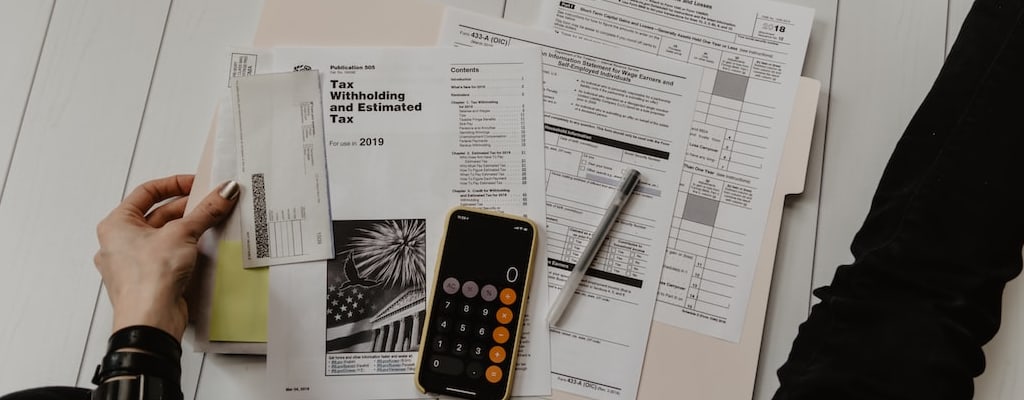on the breadline: Idiom Meaning and Origin
What does ‘on the breadline’ mean?
The idiom "on the breadline" means to be in a state of poverty or financial hardship.

Idiom Explorer
An idiom that means someone is very poor and has no money.
The idiom "put food on the table" means to provide the necessary income or means to support oneself and one's family.
The idiom "on the bubble" means being in a situation where success or failure is uncertain, potentially being at risk of elimination or not making a desired outcome.
The idiom "on someone's dime" means that someone is paying for something on another person's behalf, usually referring to expenses or costs. It implies that someone else is covering the expenses, taking responsibility for the payment.
The idiom "on one's last legs" means being in a very weak or near-failing state, usually referring to a person, animal, or thing that is exhausted or deteriorating.
The idiom "on one's knees" means to be in a position of extreme weakness or desperation.
The idiom "on one's feet" means to be standing or upright physically, or to be financially stable and self-sufficient. It can also refer to being prepared and ready for action.
The idiom "on one's bill" means to pay for something oneself, without any assistance or help from others.
The idiom "on edge" means feeling nervous, anxious, or tense. It implies a state of unease or being easily startled, as if standing on the edge of something uncertain or dangerous.
Discovering Origins
The idiom "on the breadline" is commonly used in English to describe someone who is struggling financially and barely managing to make ends meet. The phrase originated in the early 20th century and has its roots in the economic hardships faced by workers during that time.
The term "breadline" refers to a line of people waiting for free or discounted bread, which was often provided by charitable organizations or soup kitchens. This practice became common during periods of economic depression or when workers faced unemployment or low wages.
The idiom emphasizes the precariousness of a person's financial situation, implying that they are one step away from destitution. It conveys the idea of living at the very edge of poverty, with no financial cushion or security.
The idiom is often used to describe individuals or families who are struggling to meet their basic needs, such as food, shelter, and utilities. It can also imply a lack of job security and the constant possibility of losing one's income.
The idiom "hand-to-mouth-idiom-meaning-and-origin/">hand to mouth" is closely related to being "on the breadline." It expresses a similar financial struggle and the difficulty of living paycheck to paycheck. When someone is "hand to mouth," they are barely able to cover their immediate expenses with their current income. They have no extra money to save, invest, or spend on non-essential items.
The term "hand to mouth" reflects the reality of many people's financial situations. It conveys the idea that they have just enough money to meet their immediate needs, but nothing extra. They often have to prioritize necessities like food, rent, and bills over other expenses.
The idiom "bread and butter" is another phrase that relates to being "on the breadline." It refers to the essential sources of income or livelihood that sustain a person or their family. When someone's income is their "bread and butter," it means that it is their primary or sole source of financial support.
Just like being "on the breadline," relying on one's "bread and butter" income can be challenging and precarious. If that source of income is lost or reduced, it can have a significant impact on someone's financial stability and ability to meet their basic needs.
The idiom "two pennies to rub together" also aligns with the concept of being "on the breadline." It suggests that someone has very little money or wealth and is struggling to make ends meet. When someone doesn't have "two pennies to rub together," they have barely any financial resources or savings.
This idiom captures the image of poverty and financial struggle, highlighting the desperation of someone who lacks the most basic financial stability. They have no surplus funds for emergencies, investments, or saving for the future. It also implies a constant state of financial insecurity.
The idiom "on a shoestring" is similar to being "on the breadline" as it emphasizes financial difficulty and limited resources. When someone is operating "on a shoestring," they are managing with a minimal budget or a very limited amount of money.
Living "on a shoestring" requires careful spending and frugality to make ends meet. It often involves making sacrifices and finding creative ways to stretch one's limited resources. This idiom highlights the resourcefulness and determination of those who are facing financial challenges.
While the phrase "on the breadline" is generally used to describe financial struggles, it can also be used more broadly to indicate any situation in which a person or organization is facing significant challenges or difficulties.
The idiom "hand to mouth", which is closely related to being "on the breadline," emphasizes the struggle of living paycheck to paycheck and barely covering immediate expenses. The phrase "bread and butter" aligns with being "on the breadline" as it refers to the essential source of income or livelihood that sustains a person or their family. The idiom "two pennies to rub together" captures the image of poverty and financial struggle, highlighting the lack of financial resources. Finally, the phrase "on a shoestring" emphasizes financial difficulty and limited resources, requiring careful spending and frugality to make ends meet.
The idiom "on the breadline" captures the essence of financial hardship and the vulnerability of those who are barely managing to survive. It speaks to the harsh realities faced by many individuals and families, highlighting the need for empathy, support, and social safety nets. As we consider the origin and meaning of this idiom, we are reminded of the pervasive nature of financial insecurity and the importance of addressing its underlying causes.
Example usage
Examples of how the idiom "on the breadline" can be used in a sentence: 1. After losing his job, John and his family were living on the breadline, struggling to make ends meet. 2. The pandemic has caused many businesses to close, leaving countless individuals on the breadline. 3. Despite working long hours, Mary's low-wage job keeps her on the breadline, barely able to afford basic necessities.
The idiom "on the breadline" is used to describe someone who is living in extreme poverty or facing financial hardship. It suggests that the individual's income is so low that it is only sufficient to provide basic necessities like bread. These examples illustrate different scenarios where people find themselves in such a situation.
More "Poverty" idioms



